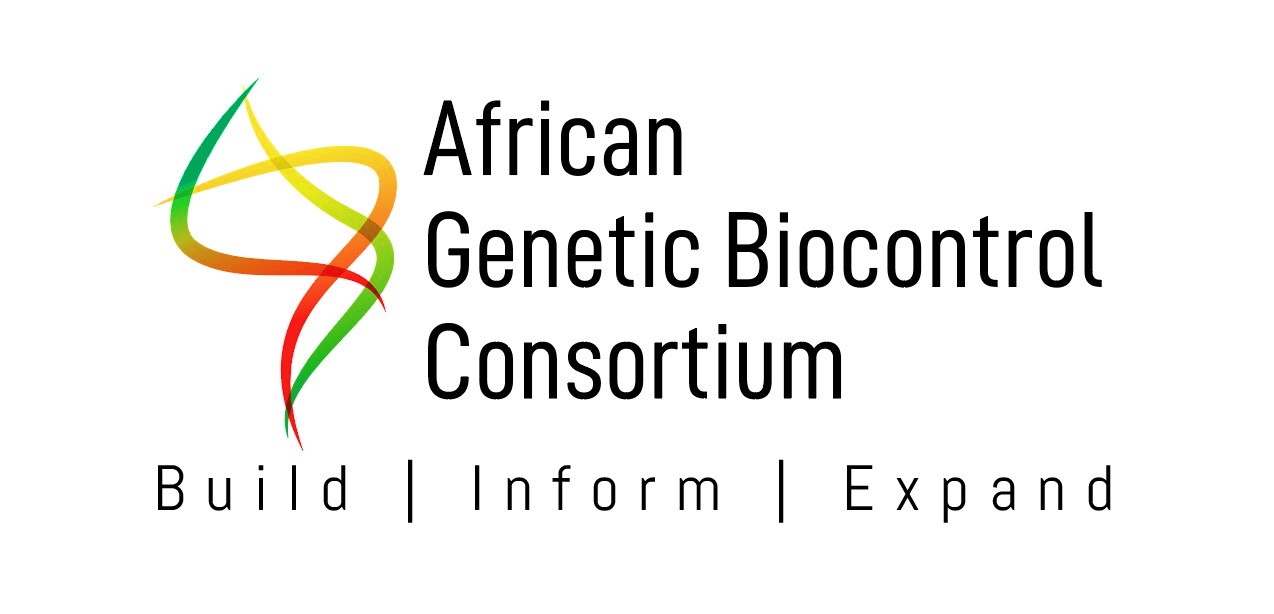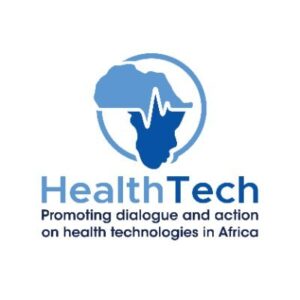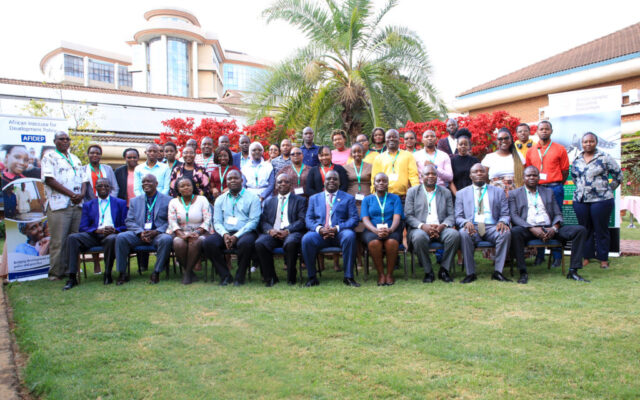COMMUNIQUE : GMO 101 COURSE FOR JOURNALISTS AND SCIENCE COMMUNICATORS, FEBRUARY 1-3, 2023, KENYA SCHOOL FOR MONETARY STUDIES, NAIROBI, KENYA
Posted on February 11, 2023





Click to Fill the request form
The African Genetic Biocontrol Consortium (GenBio-Consortium) and the African Institute for Development Policy (AfIDEP) through the Platform for Dialogue and Action on Emerging Health Technologies in Africa (Health Tech Platform) conduced a Course for science journalists and science communicators to strengthen capacity in quality and balanced media reporting on GMOs.
The Course provided unbiased information that helps the science journalists and science communicators to form their own opinion and share their information about GMOs in a non-confrontational manner. Specifically, the Course offered an opportunity for participants to learn in simple and unscholarly terms the basic research and institutional readiness, regulatory and decision-making processes, public engagement, field trials and deployment of GMOs and emerging technologies which include Gene drives/editing and synthetic biology. Participants also got an opportunity to understand the testing methods and factors that are being considered during post-release monitoring of GMOs and their derived products.
The Course was divided into sessions each consisting of a mixture of short presentations and panel discussions, provided by carefully selected experts from various fields, and hands-on group exercises performed to provide practical experience and further insight into the issues highlighted in the presentations. Journalists and the scientists also got an opportunity to share experiences on where they can get reliable information, and how they can work together by providing suggestions on how to communicate effectively to the public as well as how to write persuasive opinion pieces about matters of broad concern emanating from the scientific and publication on GMOs.
The course topics included:
- Basic science concepts and how they are applied during the development, use of GMOs and their derived products.
- Access and utilization of genetic resources and traditional knowledge, benefit sharing mechanism and their implications to GMOs.
- How biotechnology intersects with globalization, trade, poverty, food security, and environmental sustainability.
- How to evaluate research articles and research methods related to biotech crops, animal research, and emerging biotechnologies.
- How to formulate well-structured research questions, recognize appropriate research methods, and assess research reports.
- How to craft thoughtful and effective arguments, with supporting evidence at the intersection of science and social science on issues of public policy and applicable laws and regulations in Kenya.
During the Course a group activity was presented to participants to discuss innovative methods for science communication, and to assess how they deal with fast-paced environments, and what they’re capable of under pressure and working within a team. From this group activity, the participants were able to create communication messages and dialogue processes about GMOs applicable to various audiences.
Overall, on completing the Course most of the participants felt that the Course was able to help them become comfortable sharing science-based information with their audiences when they go back to work. The group exercise was able to provide an opportunity for participants to share some of the challenges they face as scientists, researchers, and developers or as science journalists during communicating, interpreting, and breaking down the science to make it consumable to the public.
In summary, through this Communique the GMO 101 participants committed to the following:
- Appreciated the knowledge gained from the workshop which included “What are GMOs and how are they made”; “How are GMOs governed”; “Decision-making process for GMOs in Kenya: Case studies of Bt Maize and Bt Cotton”; What are the procedures for registration, testing and monitoring of GMOs in the market”; “What are gene drives, gene editing and synthetic biology”; “The ethics of science reporting”; and “Where to get reliable information”.
- To work towards establishment of a Forum that will promote continuous engagement and partnerships between journalists, scientists, science communicators and common approaches that provide better understanding on GMOs, their regulation and on emerging biotechnologies which include gene drives/editing and synthetic biology techniques.
- To promote and advocate for increase in funding at national and regional towards training journalists and science communicators with a focus on existing and emerging biotechnologies.
- To work towards enhancing public participation, biosafety communication, awareness, and sensitization programs on GMO issues among various stakeholders.
- To refrain from negative stories but promote sharing of positive stories from people who have benefited from treatments with GM products (such as diabetes etc).
- Acknowledged with appreciation the AfIDEP and the GenBio-Africa for the support towards holding the GMO 101 Course.
It is expected that the recommendations from this Communique would serve as input to consultations among all stakeholders tasked with furthering implementation, monitoring and evaluation of emerging technologies in their countries, and that the suggestions will be integrated into the current national and regional processes and mechanisms.
